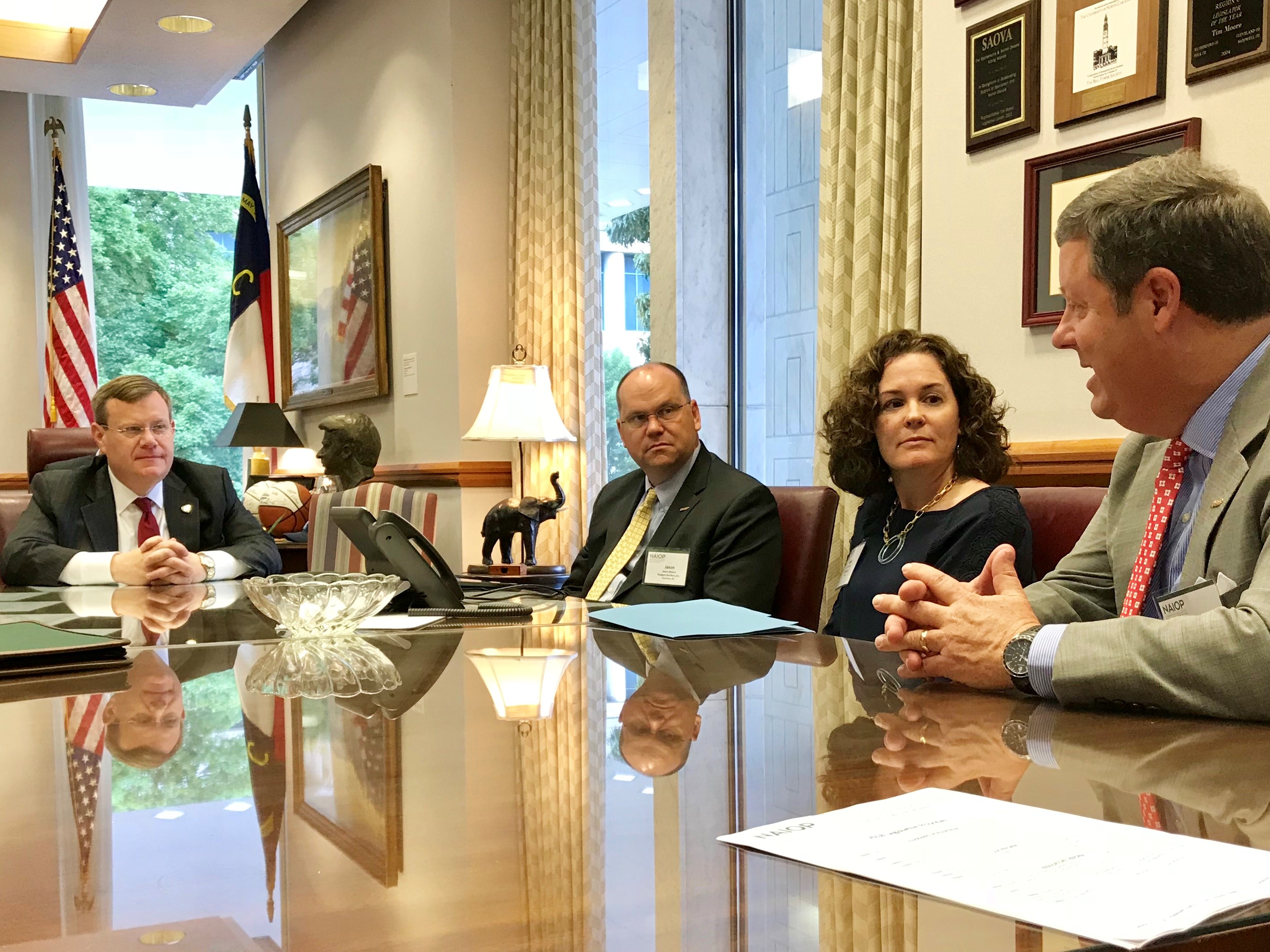Posted on January 17, 2019
The new Congress in Washington, D.C., features plenty of new faces, with Democrats controlling the House of Representatives for the first time since 2010. But the new class will be dealing with some old problems as 2019 begins.
Most of the government was funded before the start of the 2019 fiscal year, which began in October. Yet 25 percent of the federal government remains shut down after lawmakers and President Donald Trump couldn’t agree on a spending deal. Trump insists he wants $5 billion to fund a wall along the Mexican border, which Democrat lawmakers are refusing. The president says the shutdown could last for “months or even years.”
Also, the lame duck Congress failed to address some technical mistakes it made when writing the 2017 Tax Cuts and Jobs Act. For example, when they were writing the bill, lawmakers wanted to allow real estate businesses to depreciate Qualified Improvement Property (usually expenditures associated with interior tenant improvements) over a time span of 15 years. Instead, because of a drafting error, the law as written imposes a 39-year depreciation schedule.
NAIOP is part of a coalition encouraging the administration and lawmakers to fix that mistake. Congressional lawmakers in both parties acknowledge the mistake and want it fixed. Before the outgoing Congress wrapped up, former House Ways and Means Committee chairman Kevin Brady released a draft reform bill for discussion. The new chair of the committee, Richie Neal (D-MA), says he wants to hold hearings to discuss the tax law. But making any technical corrections will require passing a new law, and it isn’t clear when that might happen.










 Posted on December 6, 2017
Posted on December 6, 2017